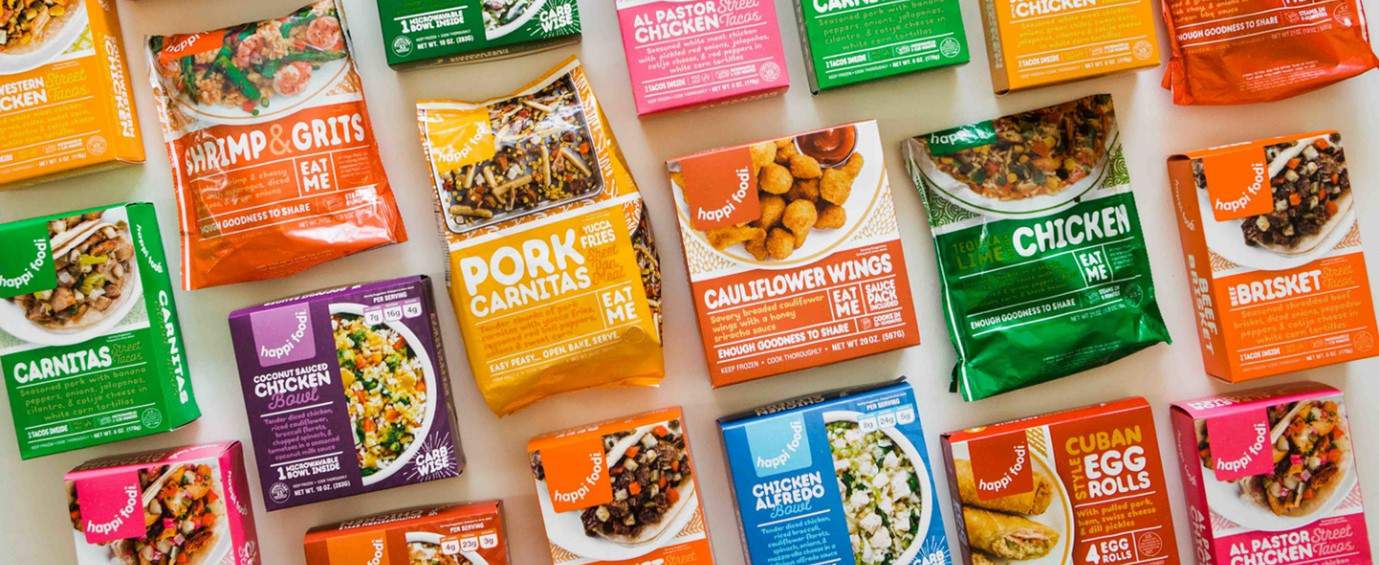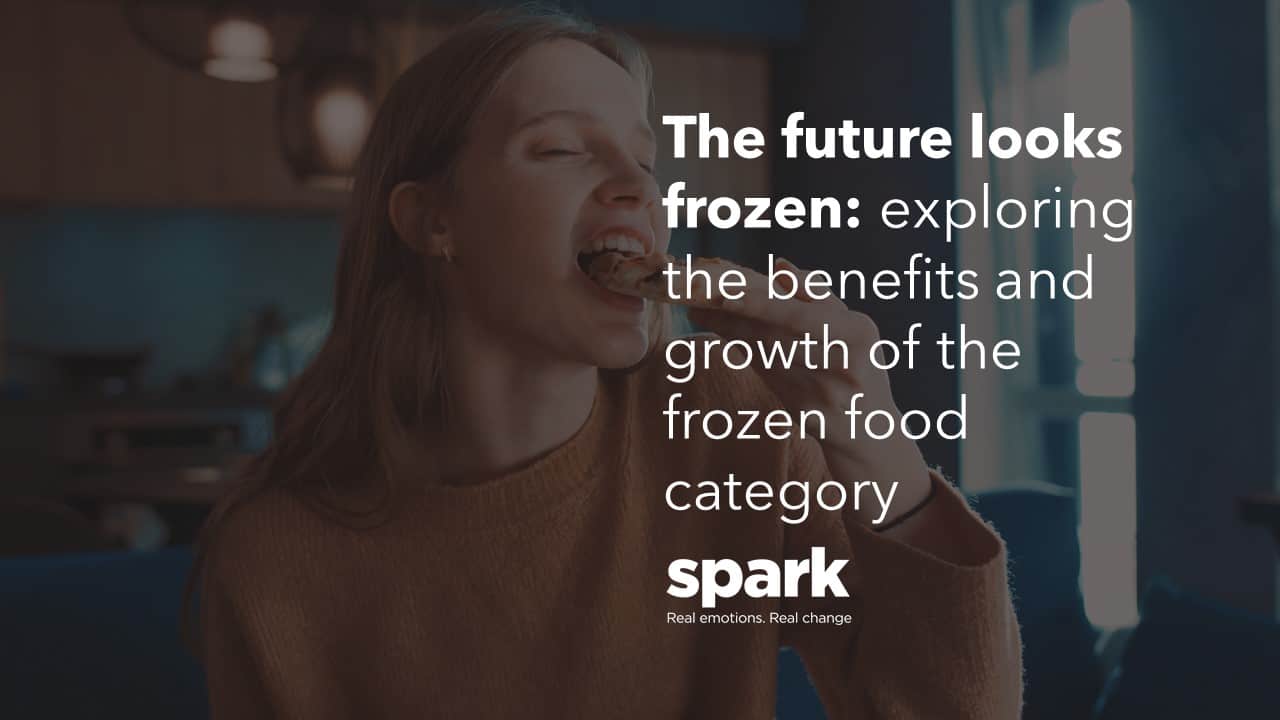In a world where ‘fresh in best’, the frozen food category has frequently fallen under the stigma of being of a lower quality and less healthy than fresh alternatives, as Wales Online notes ‘1 in 6 believe that frozen food is bad for you, and a further 34% believe that frozen foods, such as fish, lose their flavour over time stored in the freezer’.
It is therefore unsurprising that those looking to improve their diets and strive towards a healthier lifestyle often head straight for the fresh aisles in supermarkets, as this is what has been ingrained into us.
Despite this, the pandemic has driven shopping behaviour change
However, just like many other examples of pandemic related changes, there has been a shift in our shopping behaviour and apparent attitude towards frozen food. A Birds Eye poll, in The Grocer, revealed that 40% of British families are more likely to buy frozen food since the Covid-19 pandemic. Beyond COVID-19, we believe that this is a trend likely here to stay.
Even before the pandemic we were witnessing growth within the frozen food category and have seen freezer space expand in stores, as well as the introduction of innovative and trendy new frozen brands and offerings. This shift in attitude towards frozen food is a positive progression in food consumption for a number of reasons.

Preservation
Frozen food provides the answer to the longstanding higher demand for convenience, as preserving foods equates to larger stocks and subsequently fewer shopping trips, a particularly attractive proposition during the pandemic.
This preservation can also be seen to have a direct impact on cutting down on food waste, a vital step that needs to be taken regarding food consumption in the current climate amid growing environmental concerns.
Healthier options
Frozen food could also be a pathway towards healthier eating. When people find that they have low stock of fresh and healthy ingredients, perhaps due to a busy week in which they were unable to go shopping, the freezer can act as a handy backup, constantly stocked with healthy food for such occasions, thus helping to avoid the temptation of convenient but unhealthy takeaways.
Frozen foods can also encourage variety in people’s diet, as many different ingredients can be easily stored ready for those whims of creativity in the kitchen.
Supports diversified cultures
Furthermore, freezing food can actually play a substantial role in celebrating different cultures. The practice of freezing overcomes the logistical barriers of seasonal and overseas produce, allowing for all types of ingredients integral to different cuisines to be readily available in a frozen format all year round no matter where you are in the world.
Looking at the bigger picture, this benefit can actually be seen to serve a much greater purpose based on the link between food and identity. As stated in everyday sociology, the food we eat is a core component of culture; our customs, celebrations, and restrictions shape and are shaped by our shared values, beliefs, and our resources.
It also helps shape our sense of self and identity by the groups that we belong to and who we are as individuals. Frozen foods are essential in ensuring that the population of multicultural Britain are always able to express their identity through the vast selections of ingredients available.

Cost-effective
Another key benefit of frozen food is cost. In the wake of Brexit, the overall median food price is expected to rise by 23%, so it is more important than ever to be resourceful during food shopping. Frozen foods often fall into a lower price margin than fresh alternatives, but beyond that offer the cost-effective option of bulk buying, reducing food waste, and purchasing discounted items.
In summary
As behaviour and attitudes towards the frozen food category shift, we are finally able to recognise the benefits and opportunities that it can provide. With the potential of contributing towards healthier eating, reducing food waste, saving money, and expressing cultural identity, the growth of the category is something to be celebrated, and is likely to endure.
How we can help
Our team of consumer psychologies are able to help you get to the actual, not claimed behaviour, of consumers. Combining this with our industry experts, we are able to provide practical insights, that can be implemented to drive business improvement. Get in touch by entering your details into our contact form to find out how we can help you.

Written by Holly Adams, Research Manager at Spark Emotions.
If you have any questions, feel free to reach out to Holly via email holly.adams@sparkemotions.com or connect with her on LinkedIn





